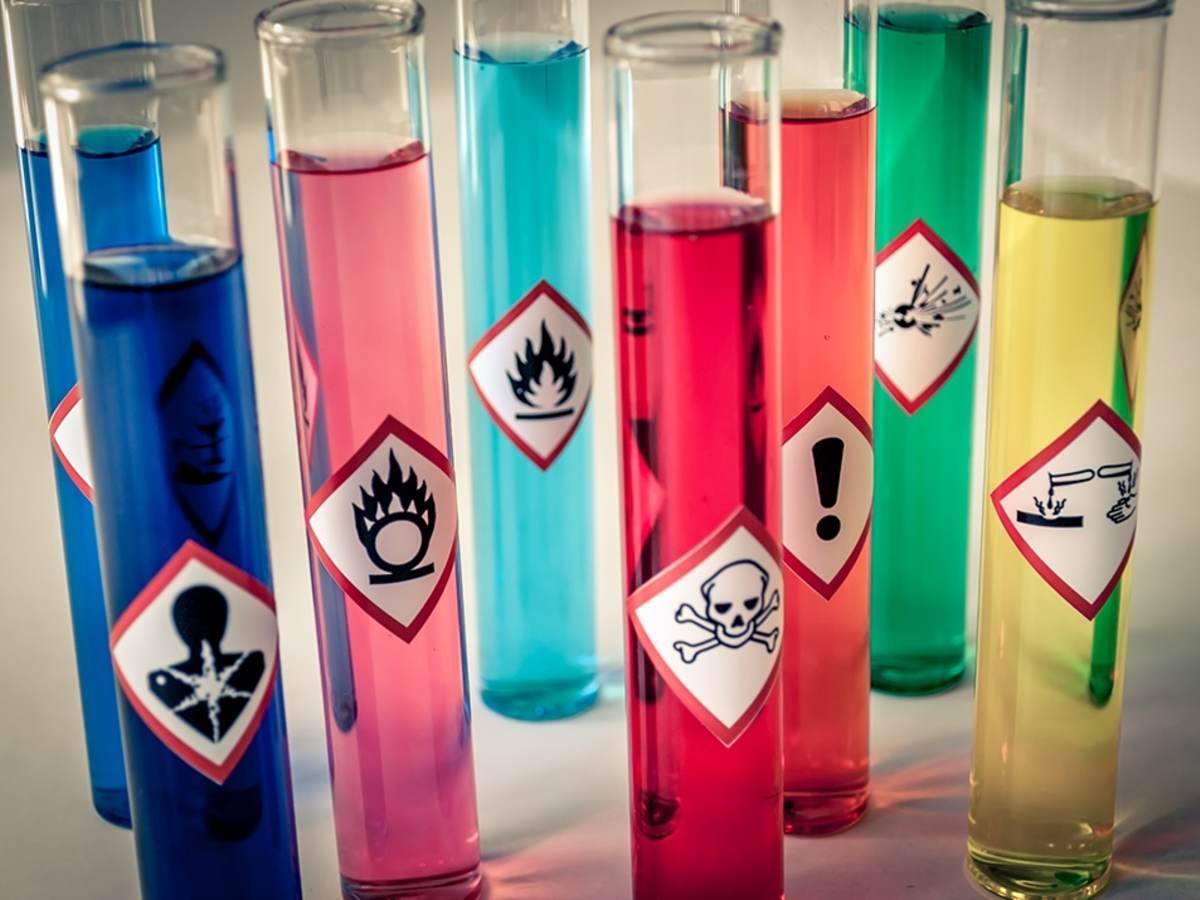July 14, 2023
By Brigitta Liber, regulatory specialist, Supply Chain team, UL Solutions
The RoHs directive restricts the use of certain hazardous substances in electrical and electronic equipment which can be substituted by safer alternatives. The RoHS Directive currently restricts the use of lead, mercury, cadmium, hexavalent chromium, polybrominated biphenyls and polybrominated diphenyl ethers in manufacturing of electrical and electronic equipment sold in the European Union. It also restricts four phthalates: bis(2-ethylhexyl) phthalate, butyl benzyl phthalate, dibutyl phthalate and diisobutyl phthalate, where the restriction applies to medical devices, monitoring and control instruments. These requirements "shall not apply to the applications listed in Annexes III and IV" (Article 4).
Directive 2011/65/EU was published in 2011 by the EU, which is known as RoHS-Recast or RoHS 2. The latest amendment was published on July 11, 2023, and it is amending Annex IV, namely applications exempted from the restriction in Article 4(1) specific to medical devices and monitoring and control instruments. An exemption has been added for Mercury under category 9 (monitoring and control instruments) “Mercury in melt pressure transducers for capillary rheometers at temperatures over 300°C and pressures over 1000 bar.”
The exemption has been granted due to meeting one of the conditions under article 5(1)(a) which states that the elimination or substitution for Mercury in this particular application is scientifically or technically impracticable. The validity period for this exemption is limited until the end of 2025.
Industry can apply for exemptions or for the renewal of exemptions. An important first step for the evaluation procedure is a technical and scientific assessment study which is carried out by the Öko-Institut, contracted by the European Commission. Exemption procedures can take up to 2 years.
This amending directive 2023/1437 enters into force on July 31, 2023, and member states shall adopt and publish by Jan. 31, 2024.
References
Latest update to RoHS directive (EU) 2023/1437
RoHS Directive (2011/65/EU)
Evaluation of exemption requests (Öko-Institut’s website)
Exemption procedure, timeframe and assessment studies
Regulatory Roundup Newsletter
Never miss an update
UL Solutions, the global safety science leader, can keep you updated on the latest events with a variety of materials, ranging from the latest regulatory news, webinars, white papers, events, industry insights and more.
Subscribe to our monthly Regulatory Roundup Newsletter and stay up to date on current and upcoming regulations and all the latest chemical industry news.
Safety Data Sheet (SDS) Authoring and Labeling Services
Create, maintain and distribute comprehensive SDSs and labels to meet your increasingly complex global compliance requirements.
Chemical Regulatory Compliance
Manage your chemical compliance needs with the help of global regulatory expertise and leading resources.
Chemical Compliance Training
We provide a series of chemical regulatory training programs designed to help understand the diverse set of requirements and how to confront them.
Get connected with our sales team
Thanks for your interest in UL's products and services. Let's collect some information so we can connect you with the right person.





